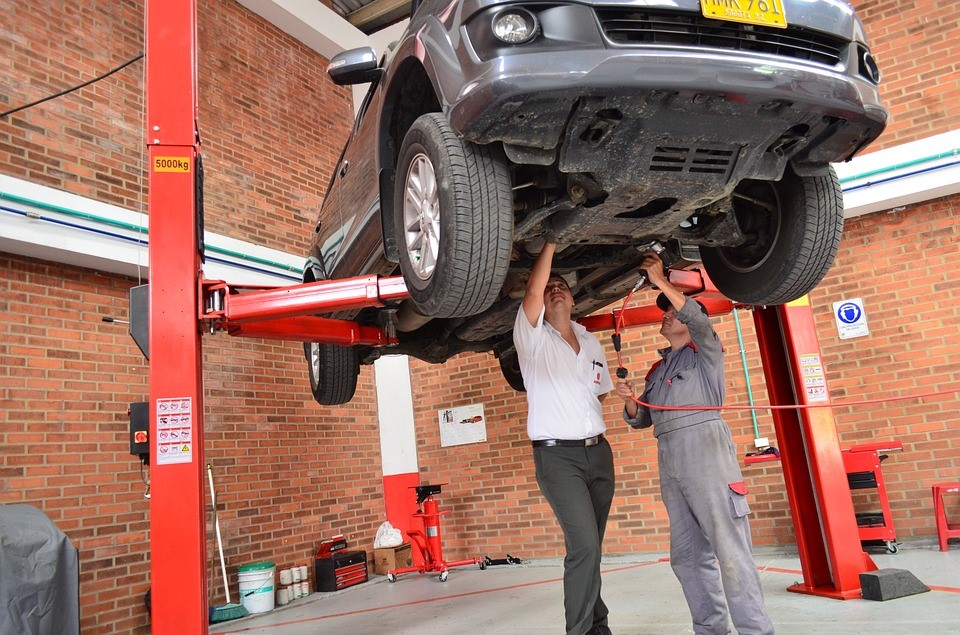Whatever Kind of Car You Have, Pay Attention to Leaks
This article may contain affiliate links.
You may have thought buying an electric car means you don’t have to worry about leaks. That’s not the complete story. And a plug-in hybrid, as environmentally friendly as it might be, still needs attention if you have a leak. The rest of the fleet with engines, read on.
You don’t have to be a mechanic or an expert on all things car-related to know that seeing fluid leaking from your car is not a good sign. If it’s something that you’ve noticed happening to your car, it’s important to take action and to understand what the issue might be. There are many different types of leaks, and we’re going to discuss the most common ones below, so read on to find out more.

Brake Fluid Leaks
If you find a brown fluid that’s accumulating near the tire or the brake cylinder, it could be the case that the brake fluid is leaking from your vehicle. If that’s the case, you should take action immediately and have a professional look at it. When it comes to your brakes and their condition, it’s always better to be safe than sorry, so always be overcautious rather than dismissive of this kind of leak.
Oil Leaks
The good thing about spotting this kind of leak is that it’s pretty easy to identify (and not one you have to worry about with a pure EV). When you see oil pooling beneath your car, you’ll notice it right away. Broken seals and damage to the gasket are two of the things that can result in oil leaks. If you spot any problem with leaking oil, it’s essential to get it looked at and assessed at the earliest opportunity.
Coolant Leaks
The fluid that’s used to cool the car’s radiator (or its batteries) can sometimes leak if there’s damage to the system that carries it. When the coolant is leaking, it means it’s not getting to where it should be in your vehicle, and that means your car will be at much greater risk of overheating. Coolant fluid is usually very bright and comes in a variety of colors, including green, pink and blue.
Transmission Fluid Leaks
If the fluid you notice leaking from your car is a red or brown color, the chances are you’re dealing with a transmission fluid leak. The cost to repair transmission leak can be very high if you don’t catch the problem early on; that’s why it’s so important to take action early and to make sure that you get the issue dealt with sooner rather than later if you notice transmission fluid leaking.
Water Leaks
If the A/C has been running a lot, there’s a chance that the fluid that’s accumulating beneath your car is simply water. In most instances, this is not something to worry about. But if you don’t think there’s an obvious reason why water would be leaking from your car, you should take a closer look. There’s always a chance that what looks like water is actually something else.
There are lots of things that can be done to avoid or treat these problems. It’s vital that you spot the signs early and take action so that the underlying problems can be dealt with in a manner that’s efficient and saves you money on repairs in the long-term. So make the most of the information outlined here.
